How can organizations leverage digital technology to ideate, execute, and optimize marketing campaigns?
By MYBRANDBOOK
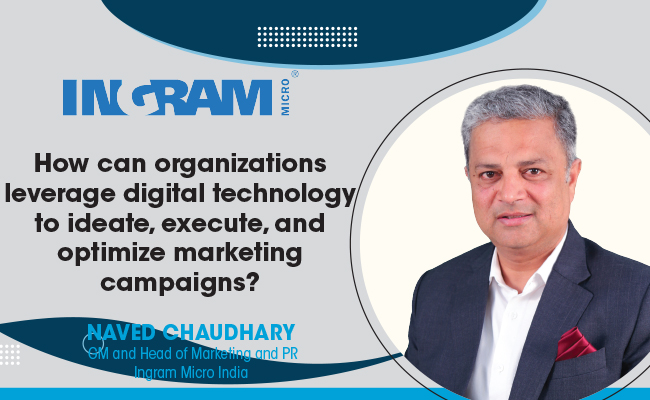
Naved Chaudhary
GM and Head of Marketing and PR - Ingram Micro India
Technology Reshaping Marketing Landscape
Technology has brought about a significant change in the way marketing is approached, causing significant changes across customer engagement strategies, tactics, and methodologies. First and foremost, it has enabled decision makers to make analytics-driven decisions based on thorough analysis of data around consumer behavior, preferences, and emerging trends. Organizations leverage the insightful data and information to thoughtfully ideate, create, implement, and even optimize their campaigns to maximize the return on their marketing spends.
Apart from insights and intelligence, technology also allows marketers to segment their audience more effectively and deliver tailored marketing messages at scale. More importantly, the advancement in the field of technology has empowered us with a powerful digital ecosystem. We can now connect with a wider range of target audiences much more conveniently and deliver a more personalized message through the digital medium.
The advent of marketing automation tools and AI-powered virtual assistants has further enabled us to reduce costs and attain a high level of efficiency in driving marketing campaigns, nurturing leads, scheduling social media posts, and managing customer journeys. As a matter of fact, there are many ways in which technology is redefining the way marketing is approached. And I honestly believe that we are yet to harness the true potential of emerging technologies, so let’s keep a close watch on it!
Business Intelligence Driving Success
Business Intelligence (BI) has played a pivotal role in transforming the entire marketing landscape. It empowers marketers with actionable insights and data-driven decision-making capabilities. Marketing teams across various streams are leveraging the power of BI to personalize marketing efforts and make it more effective by adapting to changing dynamics. Once you have leveraged the true potential of harnessing intelligence from the available sets of data, you are perfectly positioned to drive exceptional results and stay ahead of the competition.
Organizations leverage BI tools to achieve accuracy and precision in customer segmentation, forecasting and planning, ROI analysis, and evaluating & optimizing marketing efforts based on real-time data. BI tools enable organizations to keep a close eye on changing customer preferences, emerging trends, and the evolving technological landscape that can drive results.
The availability of a wide set of data and application of predictive analytics modeling have enabled organizations to forecast future trends, campaign outcomes, and even the most probable change in competition to an extent. Predictive analytics also enables marketers to accurately determine which marketing channels, campaigns, and/or touchpoints can be the most effective in terms of conversions. Such a deep perspective helps bring precision to strategies around allocating marketing budgets, optimizing the marketing mix, and even improving customer experience across touchpoints. Marketers also leverage the power of BI to develop strategies around market positioning, customer targeting, and product differentiation. In essence, Business Intelligence is a major force to reckon with!
Maximizing ROI and Measuring Campaign Effectiveness
The business world has already realized the significance of data, and it has garnered massive acceptance across industries. With respect to marketing specifically, data has indeed fueled growth and enabled us to align marketing campaigns with revenue-focused organizational objectives. Some of the most recognizable ways in which data help marketers align campaigns with ROI-based strategies are:
Data-driven decision making
Customer segmentation and personalization
Predictive analytics
Performance tracking and optimization
Continuous improvement and optimization
Customer Lifetime Value (CLV)
Apart from all these, marketers also use data to identify the top-performing channels, which helps optimize the marketing mix and allocate marketing budgets more effectively. All these genuinely help align marketing initiatives with ROI-based goals.
Evolution of Lead Gen
Lead generation has continuously evolved over the years to become more targeted, personalized, data-driven, and highly focused on building relationships with prospects. Some of the major contributors in this regard are the large-scale digital transformation and the advent of content marketing, inbound marketing, marketing automation tools, and AI-powered chatbots that engage users in real time, collect the necessary information, and provide the users with a suitable solution.
Marketers now leverage a wide range of AI-powered tools and digital engagement strategies to generate, engage, entice, and persuade leads more effectively. These tools also pave the way for impeccable segmentation and targeting, which is quite important to deliver more personalized and relevant messages to customers based on their unique needs, pain points, and preferences.


Legal Battle Over IT Act Intensifies Amid Musk’s India Plans
The outcome of the legal dispute between X Corp and the Indian government c...

Wipro inks 10-year deal with Phoenix Group's ReAssure UK worth
The agreement, executed through Wipro and its 100% subsidiary,...

Centre announces that DPDP Rules nearing Finalisation by April
The government seeks to refine the rules for robust data protection, ensuri...

Home Ministry cracks down on PoS agents in digital arrest scam
Digital arrest scams are a growing cybercrime where victims are coerced or ...

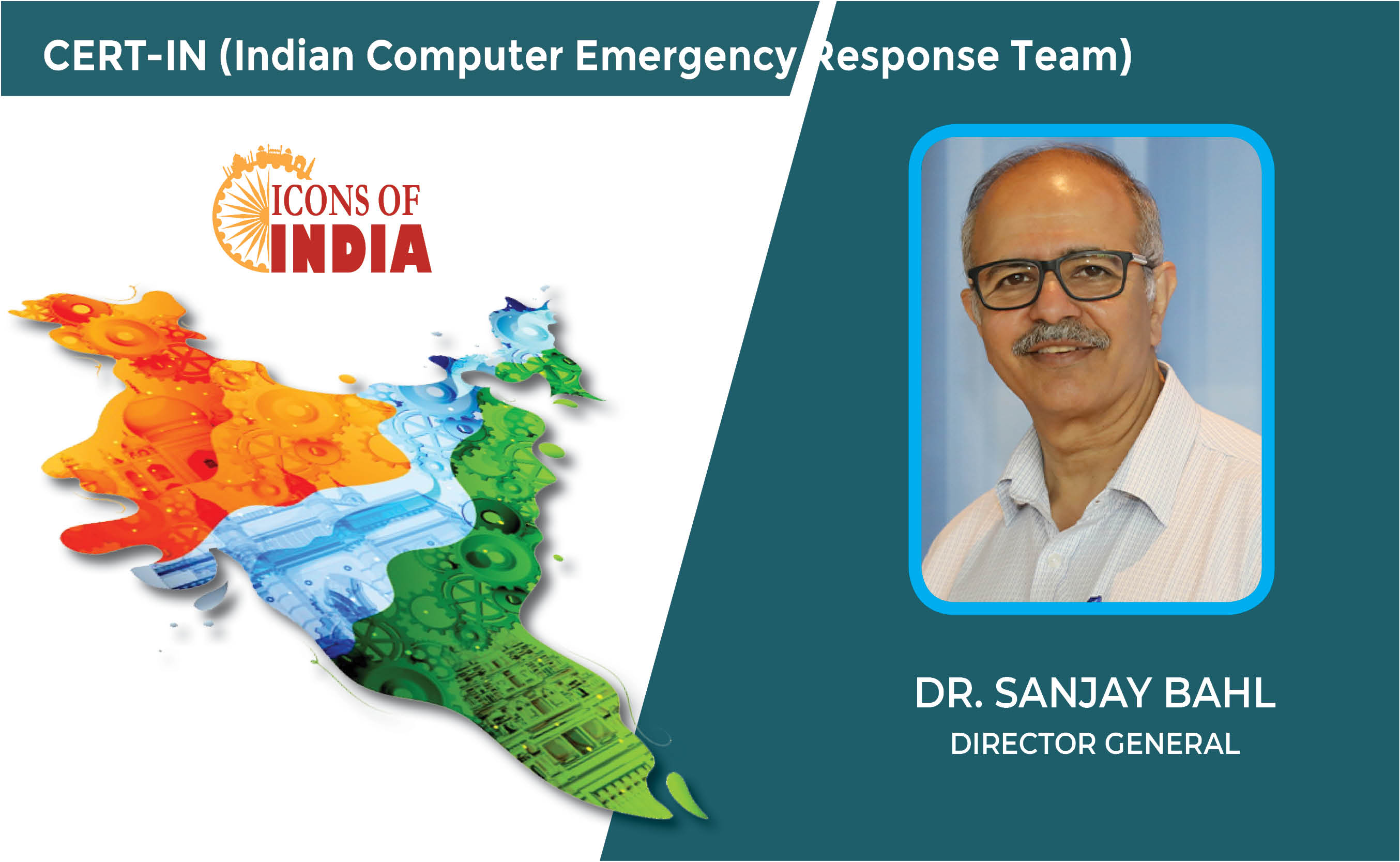
Icons Of India : Dr. Sanjay Bahl
Dr. Sanjay Bahl has around four decades of experience in the ICT indus...
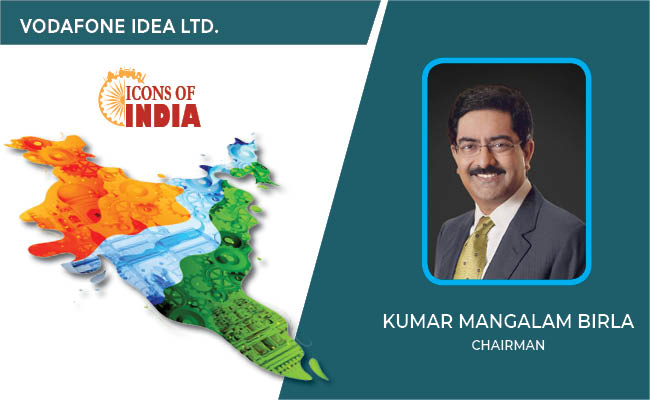
Icons Of India : Kumar Mangalam Birla
Aditya Birla Group chairman Kumar Mangalam Birla recently made a comeb...
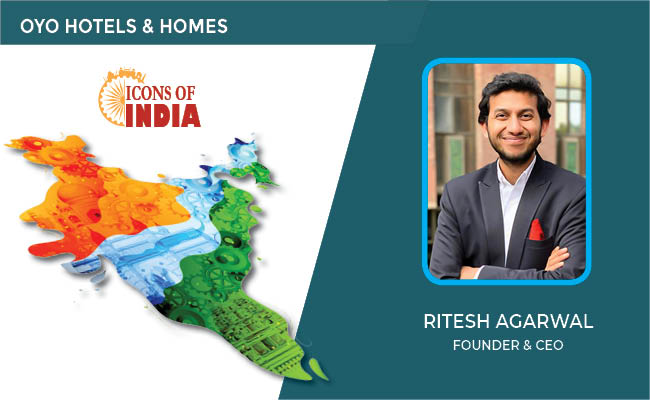
ICONS OF INDIA : RITESH AGARWAL
Ritesh Agarwal is an Indian billionaire entrepreneur and the founder a...


LIC - Life Insurance Corporation of India
LIC is the largest state-owned life insurance company in India...

CSC - Common Service Centres
CSC initiative in India is a strategic cornerstone of the Digital Indi...

BEL - Bharat Electronics Limited
BEL is an Indian Government-owned aerospace and defence electronics co...


Indian Tech Talent Excelling The Tech World - ANJALI SUD, CEO – Tubi
Anjali Sud, the former CEO of Vimeo, now leads Tubi, Fox Corporation�...
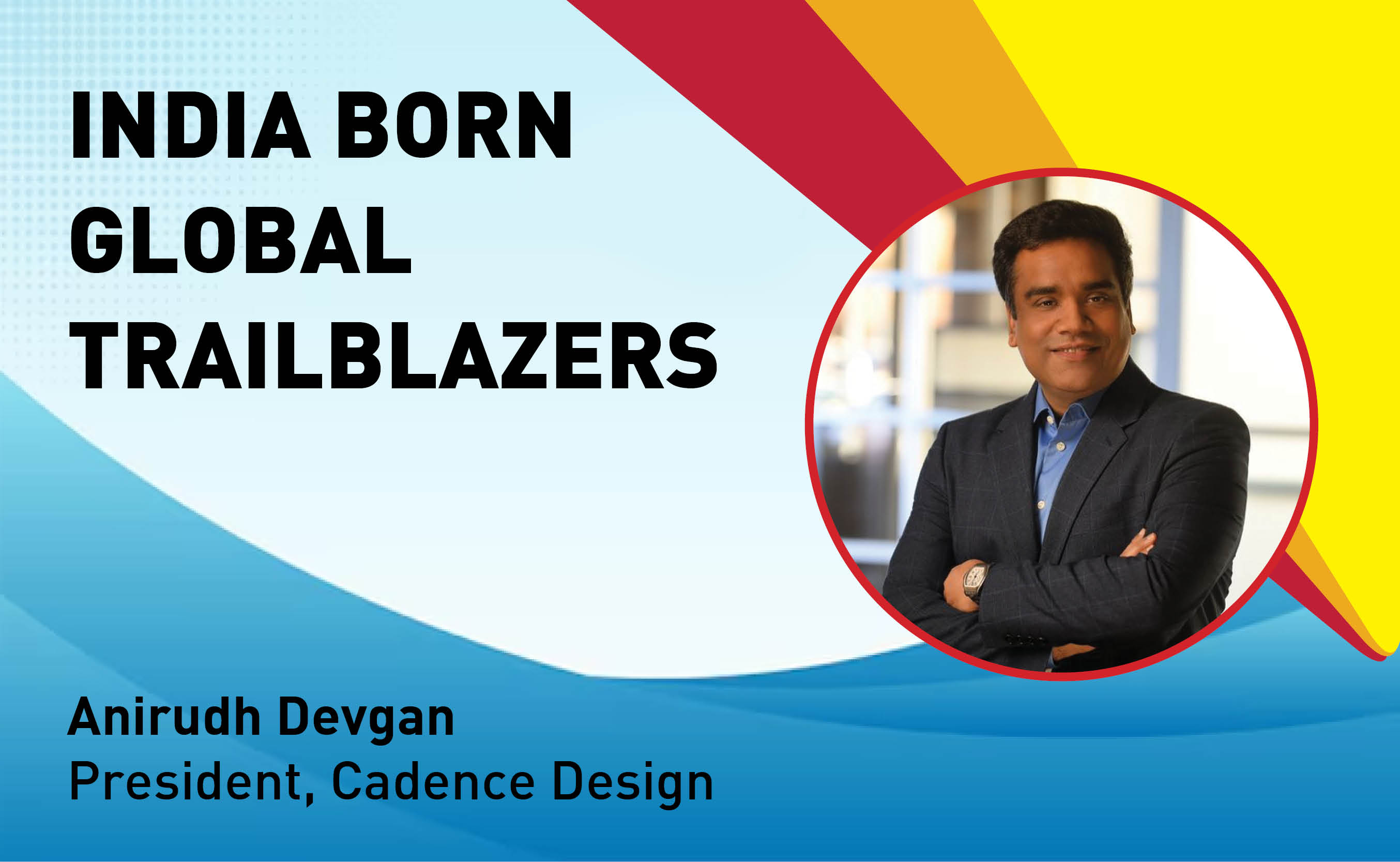
Indian Tech Talent Excelling The Tech World - Anirudh Devgan , President, Cadence Design
Anirudh Devgan, the Global President and CEO of Cadence Design Systems...
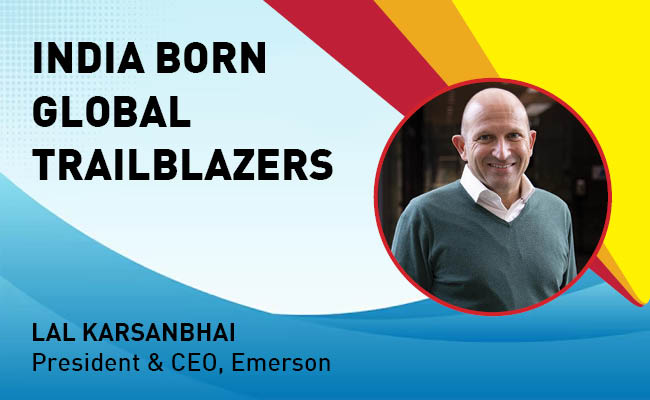
Indian Tech Talent Excelling The Tech World - Lal Karsanbhai, President & CEO, Emerson
Lal Karsanbhai, President and CEO of Emerson, assumed the leadership i...
 of images belongs to the respective copyright holders
of images belongs to the respective copyright holders